 “It’s important to remember that not all competitive landscapes are remade violently, overnight,” writes Inc. Magazine editor Leigh Buchanan. “Obsolescence creeps as often as it lunges.”
“It’s important to remember that not all competitive landscapes are remade violently, overnight,” writes Inc. Magazine editor Leigh Buchanan. “Obsolescence creeps as often as it lunges.”
She continues, “While CEOs obsess over getting big-banged out of existence, odds are good that their companies will suffer a more pedestrian fate: they will simply cease to matter. The brand goes stale, core strengths languish, and opportunities to keep pace with – or get in front of – changing customer needs pass them by. The world moves on. They don't.”
How relevant are you? Have you asked yourself that question recently? It goes something like this: In 5 years will the services I’m providing still be relevant to my clients?
Experts say the best companies ask themselves this question every year. I’d bet many organizations have never asked it.
Why is that? For many, we’re afraid of the answer. Maybe we have become obsolete. Other times we’re so wrapped up in what we do (and have been doing) for so many years that what was once very client-centric has become completely stale and commoditized. Maybe it’s more personal than that? Individuals can become just as obsolete without committing to lifelong learning and a willingness to adapt.
Once you ask the question you open up a window to new possibilities for increased value to your clients but likely you also create a lot of new and painful work. Author Carey Nieuwhof says, "The antidote to irrelevance is change." But change can be hard on your team members. Not everyone is willing to do it or can even see the need for it. So we take the easy route and keep doing what we’ve always done and hope it works.
I observe a lot of this. If you’ve got a winning formula, why mess with success? It’s tempting not to tinker with something that seemingly is working well. It’s certainly a lot easier than the difficult and scary work of evolving and innovating. But I promise you, without a focus on remaining relevant, your success will not last.
Realizing you’ve become irrelevant can also be embarrassing. Conan O’Brien had fun with Radio Shack’s announcement in 2014 that they would be closing a number of stores: “Radio Shack announced plans to close 1,000 stores throughout the US. Customers were very upset when they got the news on their pagers.”
What’s The Risk?
Like author and leadership consultant Steve Tobak says, the biggest risk is that, “It doesn't happen slowly over time. Most people never see it coming.”
- Start today by asking the relevance question of your business (or even yourself). Be brutally honest.
- Don’t be afraid of the answers and where this process takes you.
- Involve others in your organization and appreciate this won’t be a popular initiative with everyone. There will be doubters.
- Commit to a plan of relevance and appreciate the work it will take. Even those that believe that change is necessary won’t be fully committed to seeing it through.
For individuals and businesses, you can’t afford to exist in your current state or you will become irrelevant. Ask the question before it’s too late.




